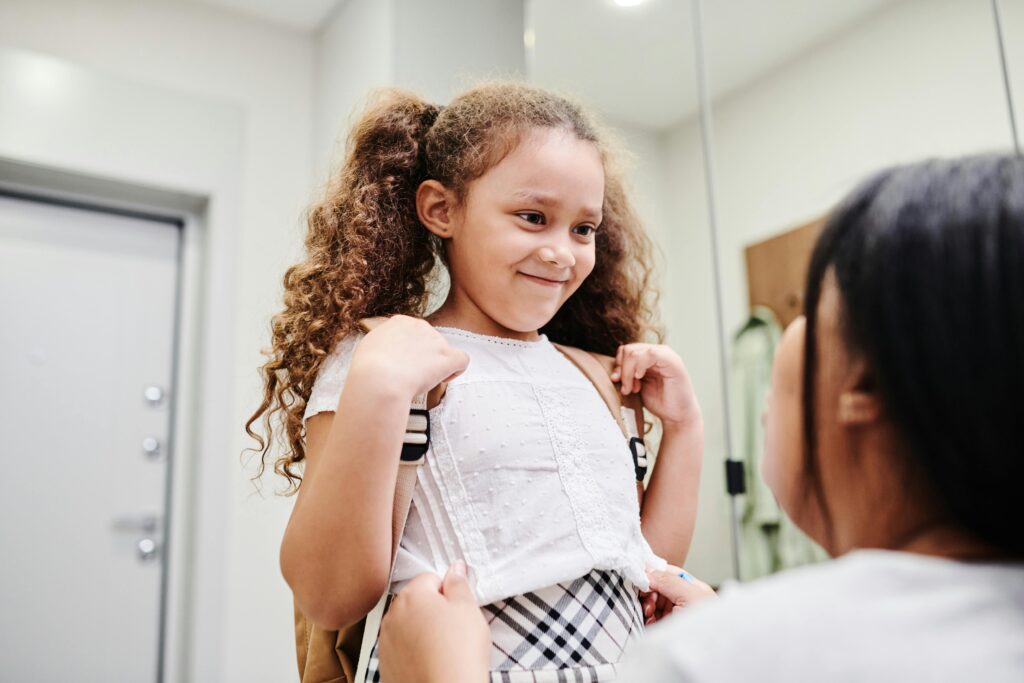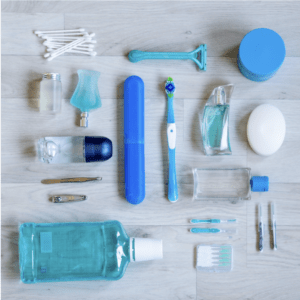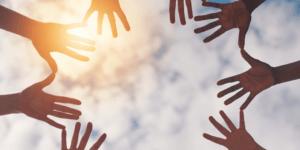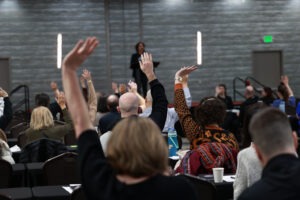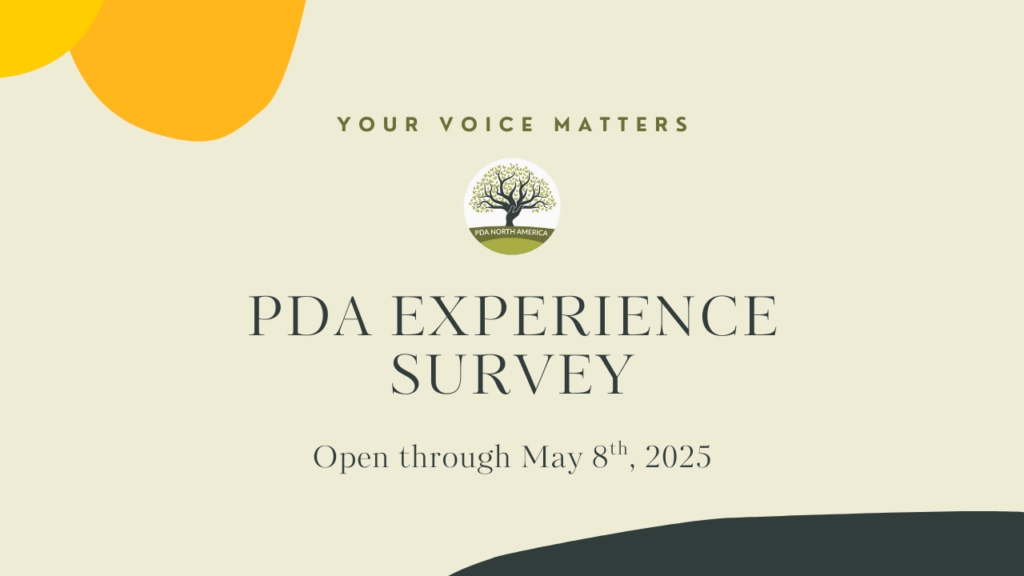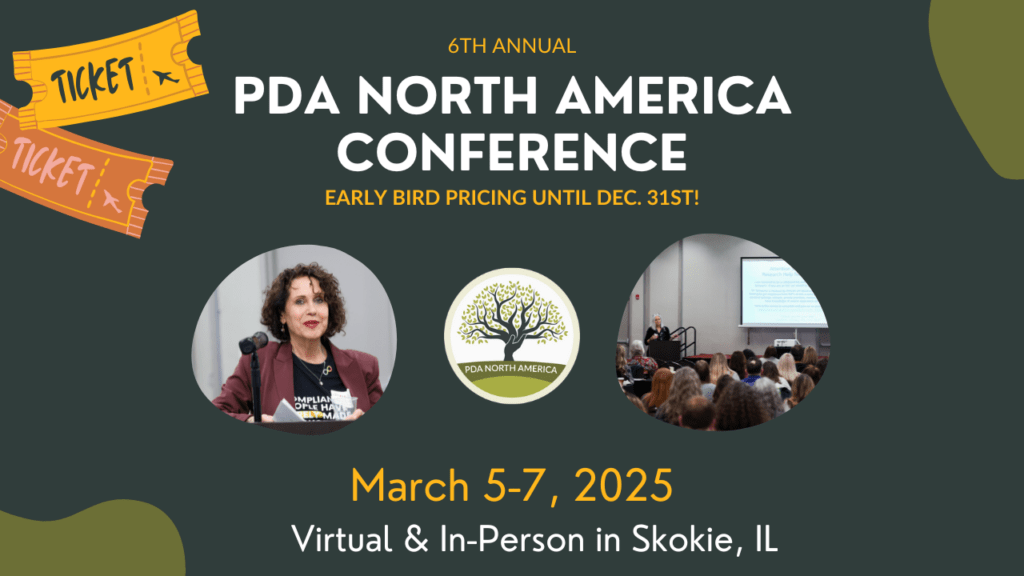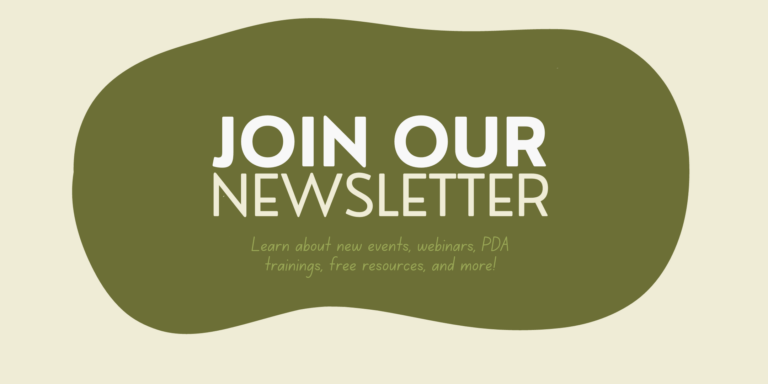1 – Preschool staff were not experts in my child.
My intense, brilliant, explosive child started preschool at a mainstream early childhood center when he was 15 months old. I looked to the staff as experts, & made several decisions based on their advice that I regret. Looking back, these were behaviorist interventions, trying to get my child to comply with expectations that he was simply not developmentally ready to do. I can see a straight line from me pushing him in these & other ways to the burnout he suffered at age 5. We were, however, very lucky that this school referred us to OT, where we met a wonderful therapist who changed our lives. I’ll always be grateful he got an Autism dx early thanks to this referral, but I wish I had trusted my instincts & not the EEC staff.
2 – Parenting books were not experts in my child.
Like many parents I read “Oh Crap!” potty training book when my child was about 2.5. The book claims there is a specific developmental window in which a child should learn the skill of using the toilet, because after that it gets much harder. My own (undiagnosed) PDA Autistic brain attached to the “truth” in this book, and I made some truly terrible mistakes pushing my (undiagnosed) Autistic PDA child towards using the toilet (a) long before he was developmentally ready and (b) in a way that undermined his autonomy and created completely unnecessary stress for him that still has repercussions today. Had I watched my kid instead of the book, I could have avoided this trauma to his system and its contribution to his burnout.
3 – My child was, and is, the expert in my child.
My child was communicating to me about his nature and his needs from the time he was born. I knew right away he was unusual, brilliant, and hypersensitive. So during his frequent fierce and long meltdowns as a baby and toddler, I wasn’t surprised. The meltdowns were long and inconsolable, & still I just held my limits and held compassionate space for him to have his feelings. I assumed he had to learn to deal with life. But I now know his behavior was telling me something was off between life’s expectations of him and his nervous system and developmental capacity. Had I known about PDA, I would have recognized it immediately in him and made changes to our lifestyle early to spare him a massive & preventable psychological and nervous system crisis at age 5.
The structure of school made no sense for my kiddo’s brain. He goes deep and long. School goes short and shallow. Even for little ones who have free play, the play period still ends and there is scheduled snack, circle time, transitions inside and outside. My kiddo, 6.5 now and thriving at home in child-led learning, can focus for a whole month on a project. His drive to mastery is inspiring & not at all suited for school where so many transitions stressed him out deeply. Skills like waiting his turn, sharing, & regulating his body around a large group of other kids were just not developmentally appropriate skills for him to be learning at age 2-3. He is really starting to get them now, at age 6, without any forcing or pressure, simply by modeling and being ready. When school doesn’t work for our kids, it’s not their problem. The school wasn’t made for them to thrive.
5 – My child wasn’t going to “get used to it.”
There is a kind of nervousness before a new experience that is within a zone of tolerance for learning & growing. I’ve felt those nerves many times – auditioning for a play, going on a date, traveling somewhere new. We do want to be able to “push through” those little butterflies in the stomach to live life to its fullest. That is not the same as panic. When my child panicked at being left at public preschool, the school staff all wanted me to keep leaving him at school. But the meltdowns & anxiety were getting worse, not better. My instincts started to kick in – finally! My child was well outside his zone of tolerance. He was panicking. No one learns when they are panicking. What I didn’t know until it was too late was that by the time we pulled him from school, the damage to his nervous system was done. He would spend the next year in PDA burnout.
Over the past 3+ years I have grown tremendously. One of the biggest areas of personal growth is my ability to trust in the truth and development of another person, even when it surprises me, annoys me, or goes against what I was taught in books. Turns out, this is a much more relaxing and sustainable way to live than trying to control other people. My son taught me this lesson. In order for him to heal from PDA burnout, I had to trust that he actually knows what is best for his body and his brain. The more I trust this, offering him information & guidance along the way, the more I am freed me from the ridiculous burden of micromanaging another life, & the more my beautiful boy thrives. This kind of trust tracks with much indigenous child rearing, as well as the brain science on the negative impact of controlling parenting on kids.
